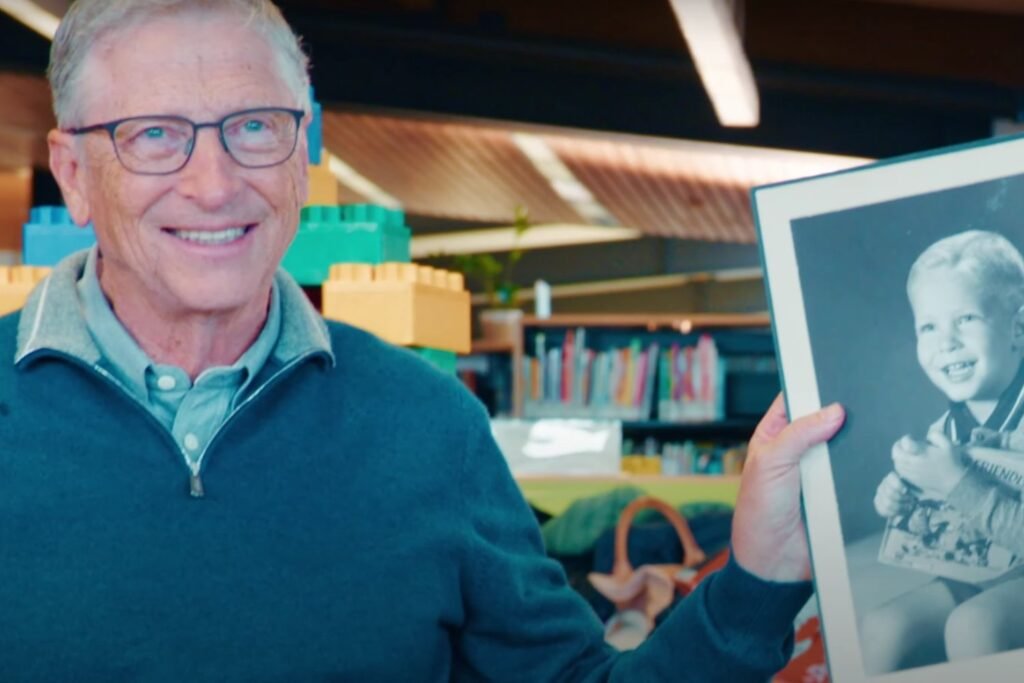The Future that Troubles Bill Gates: a Decade to Change Everything

During a recent public conversation, Bill Gates made a prediction that did not go unnoticed: in less than a decade, artificial intelligence could take over most human tasks. His message was not alarmist, but profoundly transformative. From education to medicine, and even to work as we know it, his vision raises questions that cannot be ignored.
An invisible but omnipresent intelligence
Gates is not just talking about technology, but about a paradigm shift. In his view, we will soon have “free intelligence,” meaning universal access to cognitive abilities that were previously exclusive to experts. The advancement of AI promises to democratize knowledge, eliminating barriers and bringing solutions to all corners of the planet.
However, not everything is optimism. Gates admitted that the speed at which these changes are happening is “terrifying” and that the growth of AI seems to have no defined limits. Are we ready for a world where intelligence is no longer a human advantage?
Education without teachers, health without doctors
The impact will be more noticeable—and faster—in two social pillars: education and medicine. Gates envisions digital tutors that not only teach, but also detect weaknesses, adapt content, and motivate students in real time. A revolution without precedent.
In terms of medicine, he anticipates ultra-precise diagnoses made by algorithms that cross genetic information, symptoms, and scientific databases at a speed impossible for any human being. This would not replace the doctor, but rather multiply their efforts, especially in vulnerable areas or those without coverage.
A change of era: hope or threat?
Not everyone shares Gates’ hopeful vision. Mustafa Suleyman, an AI expert and Microsoft executive, warns that this technology will not only complement humans: it will replace them. Work as we know it could become obsolete for millions of people.
The real challenge will not be technical, but ethical. What will we do with such a powerful tool? Gates poses the question without fully answering it. Because, like any revolution, what is to come will depend not so much on the technology… but on those who decide how to use it.




